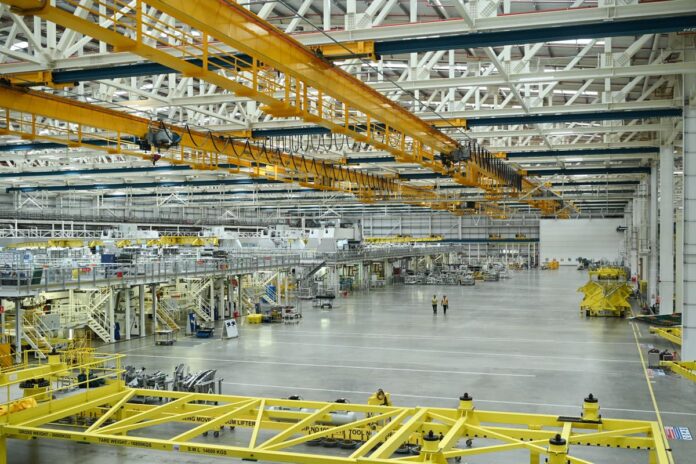UK manufacturers faced their worst month in more than two years in October, an influential study has revealed.The UK’s manufacturing sector scored just 46.2 last month in the purchasing managers index survey, according to S&P Global and the Chartered Institute of Procurement & Supply.It means that the sector shrank for the third month in a row – anything below 50 is considered a contraction – and notched up its worst score since the early days of the pandemic.The score dropped from 48.4 in September as companies said the UK market was weaker, their customers had already built up high levels of stocks and clients lacked confidence. A faltering global economy, political indecision at home, rising costs and falling manufacturing skills levels combined to drag the sector backwards eliminating some post-pandemic recovery wins’UK manufacturing production suffered a further decline at the start of the fourth quarter, with the sector buffeted by weak demand, high inflation, supply-chain constraints and heightened political and economic uncertainties,’ said Rob Dobson, director at S&P Global Market Intelligence.’New work intakes fell at the quickest pace since May 2020 as demand in domestic and export markets weakened.’While the downturn has lessened the pressure on prices, the weak pound and high energy prices mean elevated cost inflation remains a prime concern for manufacturers.’Businesses were helped somewhat by a slowdown in rising costs, as growth input costs and output charges slowed.However, both remained above historical averages.Price rises were reported for chemicals, electronics, energy, food, metals, packaging, paper and timber.Companies put the rises down to inflation, the drop in the value of the pound and the war in Ukraine.John Glen, chief economist at the Chartered Institute of Procurement & Supply, said: ‘A faltering global economy, political indecision at home, rising costs and falling manufacturing skills levels combined to drag the sector backwards eliminating some post-pandemic recovery wins.’He added that the number of new jobs in the sector has contracted for the first time since December 2020.’Without more work coming in, the staff capacity building efforts of companies were scaled back as firms also remained concerned about escalating prices for raw materials including food and fuel affecting future success.’No wonder the UK’s makers were down in the dumps with the lowest optimism for the year ahead for two-and-a-half years as the burden of potential rail strikes affecting freight added to their downbeat assessment.’


